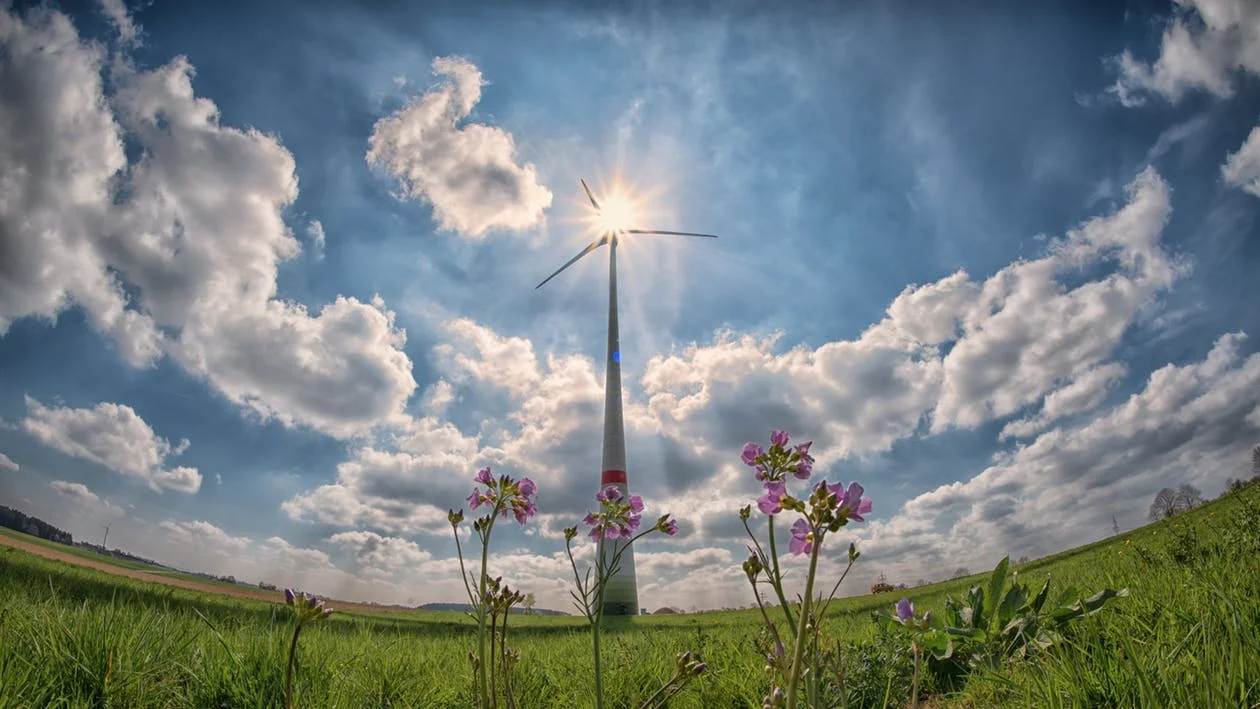For the governments and utilities to be meet their goals of transitioning to renewable energy and electric vehicles, massive battery storage is needed to scale. They can do that through the use of vehicle-to-grid equipped electric vehicles and the V2G system to help transfer the power from the vehicle to the building.
Bigelow Tea’s new venture into vehicle-to-grid technology will reduce building costs and its carbon footprint
For 75 years Bigelow Tea has focused on doing the right thing for the right reasons. As a Certified B Corporation, Bigelow Tea has reduced the emissions associated with transporting their products by finding more efficient shipping routes. To reduce its carbon footprint and create a more resilient energy grid, the specialty tea market leader announced this morning, an initiative with FermataEnergy, that will use the power from an electric vehicle (a Nissan Leaf) to supply electricity to their Louisville, KY plant during times of peak energy use. (Link to NewsRelease).
Sustainability Leadership - The Swedish Way
Companies are facing a number of crises, a global pandemic, a recession, systemic racism, and the climate crisis. For business leaders today facing a global challenges and the impacts of climate change, Sustainability Leadership: A Swedish Approach to changing Your Company, Your Industry, and the World (Palgrave), by Henrick Henriksson, CEO of Scania and Elaine-Weidman Grunewald, co-founder of the AI Sustainability Center and former Chief Sustainability Officer at Ericcson is a must read.
Affirming our support for the United Nations Global Compact
Fighting Climate Change, One Bite At A Time
Companies throughout the world are grappling with how or if they should address issues around climate change. With principles in place after the COP24 climate talks concluded last week however government leaders must work build partnerships with the business community to address climate change. This is an issue that will be on the agenda at Davos next month.
I am not sure the last time you ate at Max Burgers (130 restaurants in Sweden, Findland, Denmark, Poland, Egypt, & the U.A.E.), but recently the fast-food chain with 130 restaurants in Europe and The Middle East launched a climate positive menu to help prevent further damage caused by climate change.
They do this by (1) measuring their product emissions from the farmers' land to the guests' hand, (2) reducing their emissions, and (3) capturing at least 110% of their emissions by planting trees.
They take their role seriously in not only reducing their carbon footprint but they are covering up to reverse the damage caused by the agricultural and fast-food industry. In addition to their climate positive menu, Max Burgers :
Lists the impact each item has on the climate on their menu.
Has set a goal that, by 2022, half of all meals it sells worldwide will be made of foods other than beef.
Has a significant menu of plant-based and lacto-ovo options,
European companies are more aggressive around climate change and offer a window as to what is to come for North American chains. If you are a journalist interested in talking about how companies are making significant changes in their business operations to reduce the impact they are having on the environment, feel free to direct message me so that I can connect you to the executives at MAX Burgers and other corporate leaders making a difference in sustainability.
What start-ups are making a significant environmental, social and economic impact within the business world (Media Advisory)
SBIO semi-finalist Plascon Plastics’ patented processes allow specific waste streams of materials to be incorporated directly into the injection molding process for use in new plastic products and packaging. | Image credit: Plascon Plastics
Business leaders in Vancouver take plastics pledge long before G7 gather in Quebec
A lot of the discussion at the G7 summit next month will focus on ocean sustainability and a plastics charter still being negotiated with G7 nations, led by Environment Minister Catherine McKenna. While the Prime Minister focuses his ocean’s agenda is expected to focus on three areas: combating overfishing, reducing the dumping of harmful plastics and finding ways to help coastal states — including parts of the United States — cope with rising sea levels, corporations are already redesigning their business around cleaner oceans.
Millennials demand your message matter
Businesses struggle today in how to deal with the millennial workforce and yet, millennials are forcing the hands of companies to speak up and speak out on high profile environmental issues and on perceived social injustices.Where government fails to act, millennials are demanding their employer or the company's they do business with, step up to the plate to make an impact beyond their bottom line.
Investors are noticing the corporations filling a void left by government
In the past, the chief executives of America's largest companies hid behind associations to advocate for or against issues to avoid retribution from their employees or customers, Today, however is a different day and our employees and customer are asking our CEO's to speak up and speak out. And investor's are starting to notice.
As CEO, its' time for you to lean in, speak up and speak out!
Companies and CEOs today have the power to influence the public's agenda. Whether it is banning together to advance an agenda as part of a trade association or speaking up and speaking out on their own, employees and customers today are demanding the companies they work for or do business with share their corporate values, become more aware of current events and become more vocal on societal issues.
When do CEOs make their personal views public?
If speaking up results in public backlash, the business leader should be prepared to deal with the issue and work with their PR and legal team to get in front of it. Whether it is holding a news conference, publishing an op ed or posting a Tweet. Words do matter and they should be communicated carefully.











